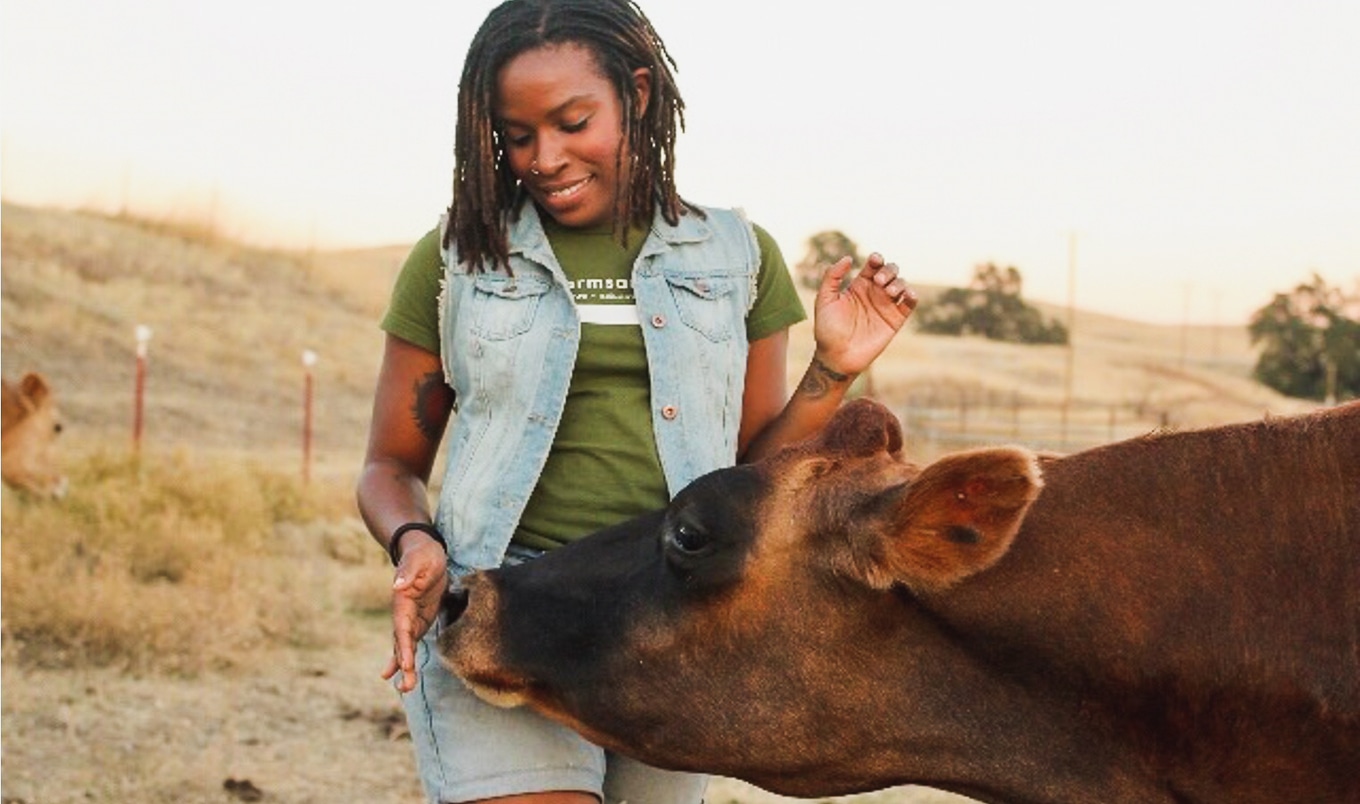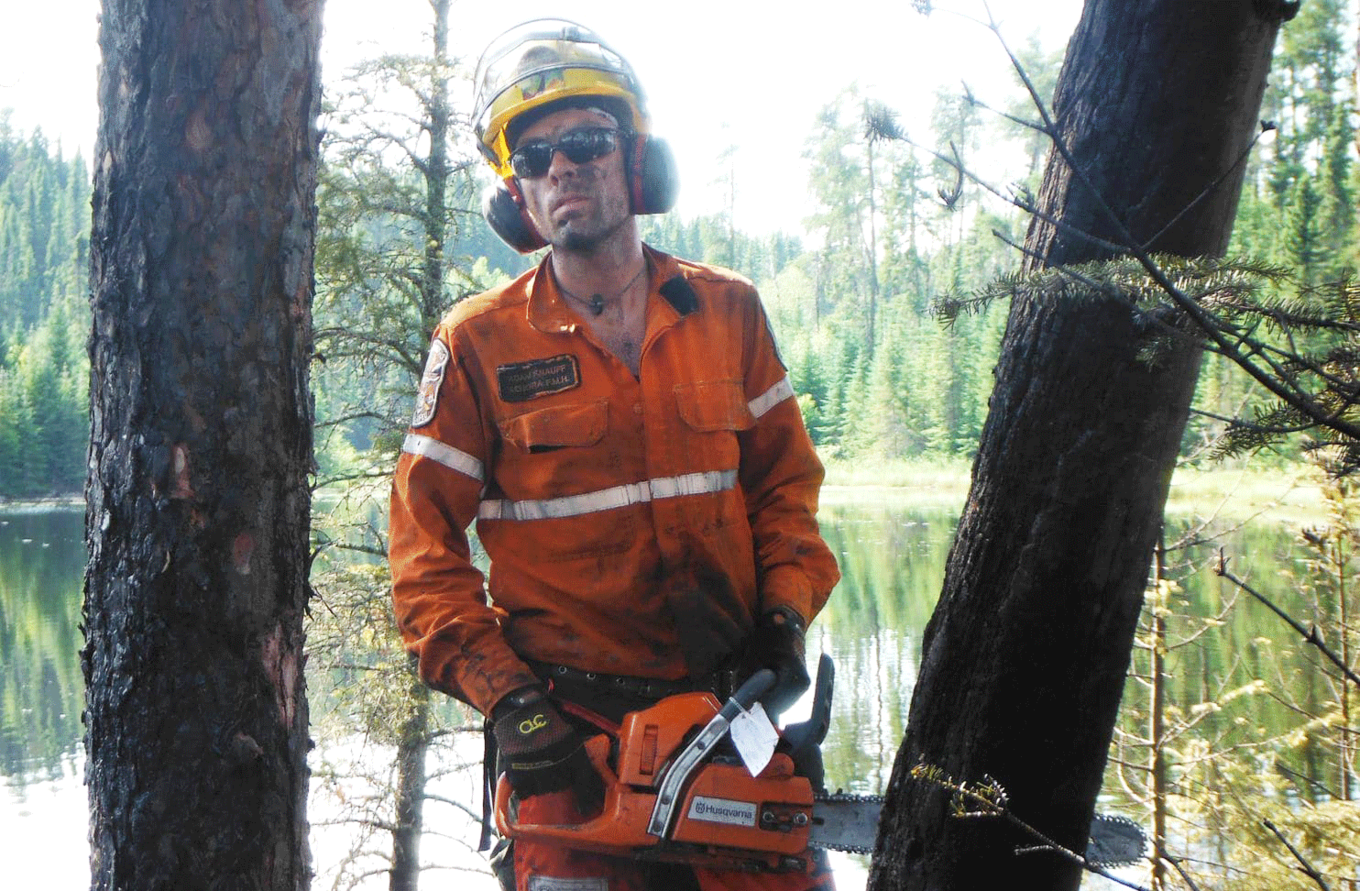In the United Kingdom and other countries, a lifestyle does not have legal protection, whereas an ethical or philosophical belief does. According to a recent Reddit thread, some vegans find it frustrating when other vegans refer to their dietary choices as a lifestyle because this trivializes the ethical and philosophical underpinnings of their beliefs.
“Mountain biking, fitness, minimalism, gaming, etc. are lifestyles,” the Reddit post says. Veganism, many believe, is more than that.
In fact, ethical veganism is protected under the UK Equality Act 2010. To qualify for legal protection, a philosophical belief must meet specific criteria, including being genuinely held, substantial, cogent, important, and compatible with human dignity and rights. Veganism meets these criteria and, in the UK, is recognized as more than just a lifestyle.
Unsplash
“Whenever someone calls veganism a lifestyle, I just ask them if their ethical position on murder is a ‘lifestyle choice,’” one commenter said.
“What veganism is: an ethical position. What veganism is not: A lifestyle. A personality trait,” another commenter said.
Table of Contents
What is ethical veganism?
Veganism has been gaining popularity in recent years and is a practice that involves abstaining from consuming any animal-derived products, such as meat, dairy, eggs, and honey. However, while veganism may appear to be solely about food choices, it is actually a broader ethical and philosophical belief system that extends beyond just what is consumed.
At its core, ethical veganism is based on the belief that animals are sentient beings who deserve to be treated with respect and dignity, and that it is morally wrong to exploit them for human purposes. This includes not only refraining from eating animal products but also avoiding products that involve animal testing, wearing clothing made from animal products, and supporting industries that harm animals, such as zoos and circuses.
 Farm Sanctuary
Farm Sanctuary
While some people may adopt a vegan lifestyle for health or environmental reasons, ethical vegans do so primarily based on their belief that it is wrong to exploit animals. This belief is rooted in a deep concern for the welfare and rights of animals, and a desire to live in a way that reflects those values.
Is veganism legally protected?
In many countries, including the UK, ethical veganism is recognized as a philosophical belief and is protected under anti-discrimination laws. This means that individuals who hold this belief cannot be discriminated against in the workplace or in other areas of public life. This recognition is an important step towards acknowledging the validity and importance of ethical veganism as a belief system.
 Canva
Canva
The first case in Britain to decide if ethical veganism is a philosophical belief happened in 2018 in an employment hearing between animal-welfare organization League Against Cruel Sports (LACS) and former employee Jordi Casamitjana. Casamitjana, a long-time vegan, alleged that he was fired for “gross misconduct” after he discovered and informed his colleagues that the LACS’s employee pension fund was invested in companies involved in animal testing—despite being told by management not to communicate with staff about it.
In early 2020, the tribunal judge made a landmark ruling that said ethical veganism was a philosophical belief, and therefore a protected characteristic under the Equality Act 2010. It means vegans should be entitled to the same legal protections in British workplaces as those who hold religious beliefs.
“I am extremely happy with the conclusion that we have secured,” Casamitjana said in a statement at the time.
“The case has established that ethical vegans are protected from discrimination, and I have received the acknowledgement I sought that my dismissal was based on my ethical veganism, and was not justified or justifiable.”
Similarly, in Canada, the Ontario’s Human Rights Code was modified in 2016 to include non-religious beliefs such as ethical veganism after Canadian animal-law organization Animal Justice successfully petitioned the Ontario Human Rights Commission to include secular belief systems and ideologies in the definition of “creed.”
And in a groundbreaking case in 2019, vegan firefighter Adam Knauff sued his employer, Ontario’s provincial firefighting force, for violating his right to have access to vegan food while deployed out of province for work.
In 2017, Knauff was sent to Williams Lake, BC to help battle the record-breaking wildfires that forced the evacuation of thousands of residents. For 10 days, while Knauff worked up to 16 hours per day in physically demanding conditions, he faced a lack of vegan food in the basecamp where he was stationed.
After expressing his frustration, Knauff was sent home, disciplined, and suspended without pay for a period of time.
 Adam Knauff
Adam Knauff
“I am vegan because I don’t want to harm or kill animals,” Knauff said in a statement at the time. “My beliefs should be respected, including while I am at work fighting forest fires. Veganism has incredible potential to change the world by promoting compassion and respect for others, and this should be celebrated—not punished, shunned, or belittled.”
In a complaint to the Human Rights Tribunal of Ontario, the 40-year-old claimed that his employer failed to pay heed to his dietary requirements, and that he was discriminated against when his supervisors made it impossible to abide by his vegan principles.
“More and more people are shunning animal products out of recognition that industrial use of animals causes unconscionable animal suffering,” Camille Labchuk, Executive Director of Animal Justice, said in a statement at the time.
“The world is changing, and it’s important for employers to respect the sincerely-held beliefs of vegans. In modern times, secular beliefs like ethical veganism can be just as important to one person as religious beliefs are to another person.”







